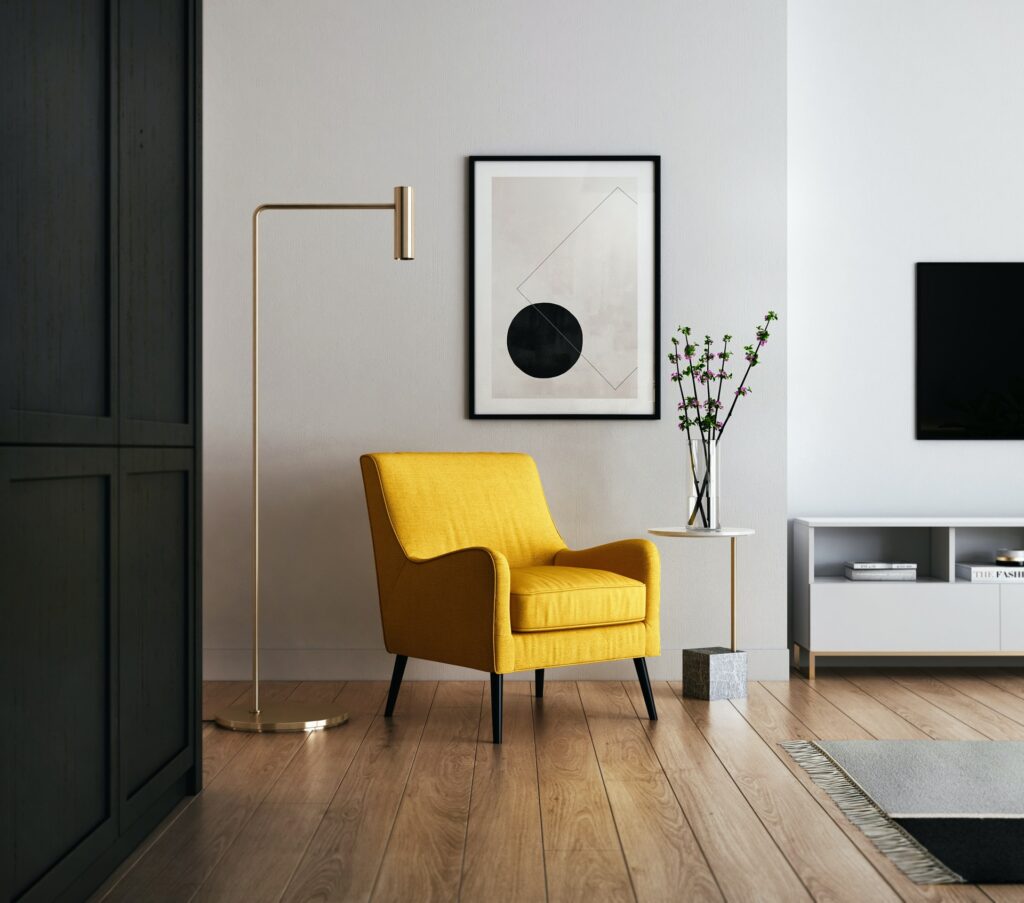How are you doing with your New Year’s resolutions?
First off, it’s ok if you haven’t made much progress. The ongoing pandemic has turned everything on its head.
Even in “normal” years, it’s tough to make good on our intentions. Follow-through flounders as we hit the shoals of reality.
According to research reported in Inc., “Approximately 80 percent of people who make New Year’s resolutions have dropped them by the second week of February.”
There are a lot of reasons for this, but for me at least, it feels like there just isn’t enough time to get everything done that needs to be done. Never mind what I want to do. As a result, pursuing personal goals tends to get pushed down our list of priorities.
Let me suggest, that much of our time crunch can be self-imposed, and thus within our control to change. There are many reasons why we are less productive than we want, but one of the main culprits is clutter – the unnecessary stuff we fill our lives with that keeps us busy but not productive, moving but not motivated, and always doing but never satisfied.
Clutter comes in many forms including:
- striving to meet others’ expectations,
- holding onto emotional baggage,
- overscheduling ourselves,
- and the unending drive to acquire material possessions.
All of this leaves us feeling drained and de-motivated.
To take back our lives from the tyranny of the clock and clutter, we need to create space for it in our daily schedule. We do this by practicing simplicity and prioritizing our efforts based upon what is most important to us, moment-by-moment.
According to simplicity expert and bestselling author Janet Luhrs, this involves “shedding all of those outward layers of image and busyness” and “living from your essence… your core.”
In other words, we need to slow down, set boundaries, and let our values lead the way.
Simplifying our lives is not easy – it goes against our need to look and feel busy.
But, as with any habit, we can reprogram our mind and behavior in a more productive direction. We can build the capacity to let go, live well, and achieve our goals along the way.
Here are three ways to begin.
Know What Is Important to You
The more of me I be, the clearer I can see. – Rachel Andrews
Begin here.
If you have not done so already, reflect deeply upon what is most important to you.
These are your values, sometimes called core values.
According to Dr. Gregg Henriques of James Madison University, “Values are what we deem important and worthy in life. They inform how we spend our time and energy.”
This is a good and handy definition. Do you know your values – those enduring core commitments that give meaning and purpose to your life?
Perhaps even more importantly, are you living them? Are you spending your time, energy, and effort on activities and goals that reflect your values?
Values might include love, connection, creativity, integrity, achievement, and so on. You may resonate with dozens of values, but there are a few (five to 10) that are simply non-negotiable.
To get started thinking about your values, I suggest reflecting on the following questions*.
- What kind of person do I want to be?
- What is most important to me?
- What do I want to stand for?
- And how do I want to behave when nobody else is watching
Putting words to our values takes time and is challenging for many, often best facilitated with a coach. Here’s a list of 400 value words to help you define your core values.
Living aligned with your values is an ever-evolving journey of personal transformation. It is characterized by authenticity and integrity. Our values lead us in what goals to pursue and which to set aside.
The result of your efforts is less clutter and more meaning and energy for a high-impact life.
Clean Out Your Physical Space
This is a tough one for me.
Many of us hang on to stuff we don’t use – closets filled with unworn clothes, piles of papers, and too many possessions.
All this extraneous stuff creates mental distraction and drains our energy.
Material things also require time, energy, and money. They pull us away from more meaningful and enriching activities, such as spending time with family and friends, visiting museums, or pursuing personally meaningful goals.
Releasing some of your material things creates mental and emotional energy to pursue what is more important to you.
As you determine what possessions are worth keeping, focus on what is truly meaningful to you and physically separate yourself from things that aren’t. This exercise also makes you aware of other attachments in your life that no longer serve you – attachments to debt, unhealthy relationships, or poor lifestyle choices. You will see that letting go is liberating.
Here is a simple way to begin.
Start one room at a time. Begin with the room where you spend the most time. Be brutal in letting go — and let it go with a blessing for its previous service to you. Then clean and organize what’s left.
Move on to the next room and then the next. This may take a few months or even a year. But keep at it. With everything you release, you are opening more space to pursue what is important to you and what increases your impact.
If you want additional tips and strategies on de-cluttering your home, I recommend reading Marie Kondo’s book, The Life-Changing Magic of Tidying Up.
Simplify Your Schedule
Atlas wasn’t forced to hold up the world. He was convinced if he didn’t, the world would fall. – Mark Nepo
Look at your daily and weekly schedule. Where are you spending time that is in service to others but not yourself? Are you carving out time for personal growth and development?
We get stuck on a gerbil wheel of commitments and time-fillers. We find ourselves taking care of demands and perceived expectations.
Like Atlas, we think we have to hold up the world.
This comes at the expense of making conscious choices based upon what is important to us, and what we can realistically do, in the service of others and ourselves.
So how can you do what matters most without getting burned out? There’s a cottage industry dedicated to prioritization and time management, so I won’t revisit strategies here. Check out some of the classics if you want to learn more.
Aligning values with effort is difficult. It requires we prioritize our efforts based upon what is most important to us, carving time out ideally each day to make headway on our value-aligned goals.
Here are a few suggestions on how to do this.
First, take time each week to define your priorities and refine your schedule. Seems obvious but how often do we skip this? Write or type everything down so you can review progress throughout the week. Writing your weekly goals down confirms your commitments, gives you a roadmap of sorts and is a powerful way to hold yourself accountable to act.
Be sure to set aside, ideally, at least an hour each week to work on personal goals. One way to do this is to send yourself a meeting invitation to block your calendar. Obviously, this must fit with your work responsibilities, but I find it very helpful to keep me on track and let others know I am unavailable during these times.
Second, begin each morning with a centering practice, such as mindfulness meditation. I find the Calm app especially helpful here. A morning mindfulness practice is an opportunity to connect with yourself and cultivate the calm focus needed to face the day.
Then, after your centering exercise, spend a few minutes reflecting on your personal goals for the day and set an intention on those you wish to complete.
At the end of each day, reflect on what went well, what didn’t, and what you can do differently. This is not a time to beat yourself up if you didn’t achieve your daily goals. Rather it is a time to learn how to approach your goals differently and iterate.
Finally, it’s not uncommon to find yourself with small snippets of downtime throughout the day. It could be waiting for a meeting or standing in line. Learn to embrace these moments as opportunities for introspection and creative thought. Have a journal close by to jot down thoughts, or if that doesn’t work for you, use apps such as Evernote, Reflectly, or Daylio.
Each of us has clutter in our lives that holds us back from becoming who we want to be and achieving the goals that we deeply desire.
What is holding you back?
What can you start doing today to begin living simply, mindfully, and on purpose?
Create a plan and bring someone along with you on the journey. It’s far more effective and enjoyable that way.
All photos courtesy of Unsplash.
An earlier version appeared at HuffPo, co-authored with Barrie Davenport.










